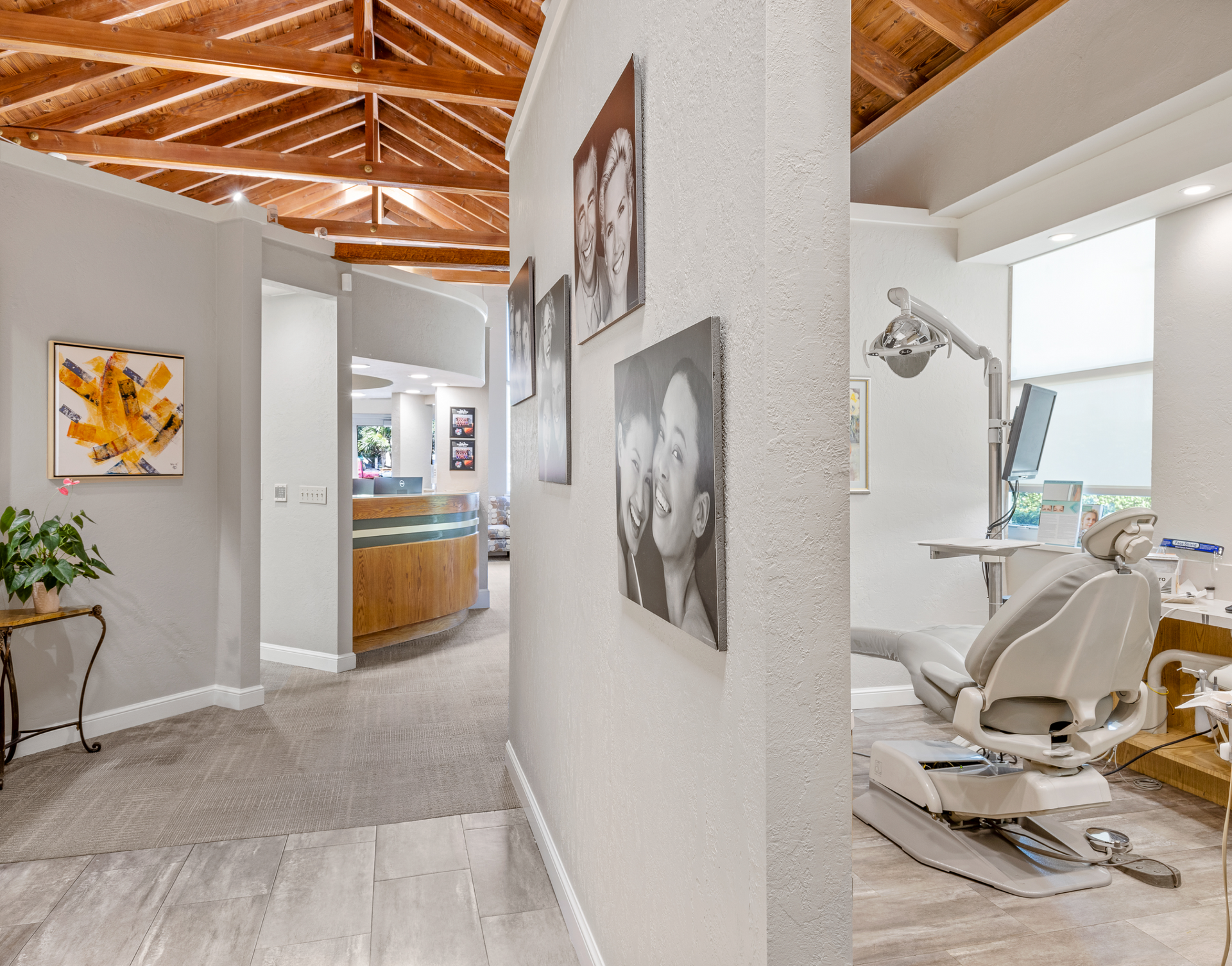
What Is Sedation Dentistry?
Sedation dentistry uses medication to help patients relax during dental procedures. At The Sindledecker Center, we specialize in oral conscious sedation, a method that allows you to remain awake but deeply relaxed. This option is ideal for managing dental anxiety, enhancing comfort, and enabling patients to receive the care they need without stress. Our team ensures sedation is administered safely and customized to your specific needs.
Signs You May Benefit from Sedation Dentistry
Sedation dentistry can be helpful for a wide range of patients. You might benefit if you experience:
Dental Anxiety
Fear or nervousness that prevents seeking care.
Sensitive Teeth
Discomfort during standard dental procedures.
Complex Treatments
Need for extensive procedures in one visit.
The Sedation Dentistry Process
The sedation process is straightforward and carefully managed for your safety and comfort.
01.
Consultation
We discuss your needs, medical history, and any concerns to determine if sedation is right for you.
02.
Preparation
Oral sedation medication is administered before your procedure, helping you feel relaxed and calm.
03.
Treatment
While you remain awake, you’ll be in a relaxed state, allowing us to complete your dental care efficiently and effectively.
Request an Appointment
Contact Us
OTHER SERVICES
From routine cleanings to advanced dental care, The Sindledecker Center combines cutting-edge technology and expertise to keep your smile healthy, functional, and beautiful.

WHAT MAKES The Sindledecker Center DIFFERENT?

40+ Years of Expertise
Four decades of trusted care and exceptional results.

Cutting-Edge Technology
Advanced tools for precise, efficient treatments.

Attention to Detail
Flawless results through meticulous care.

Patient-Centered Care
Customized treatments to fit your unique needs.


